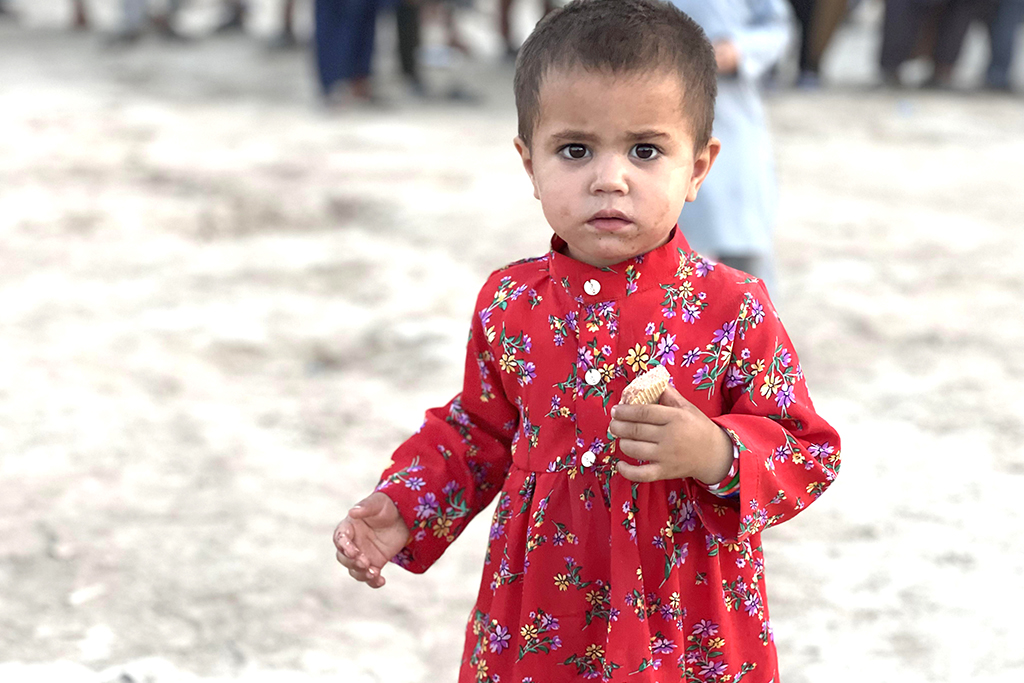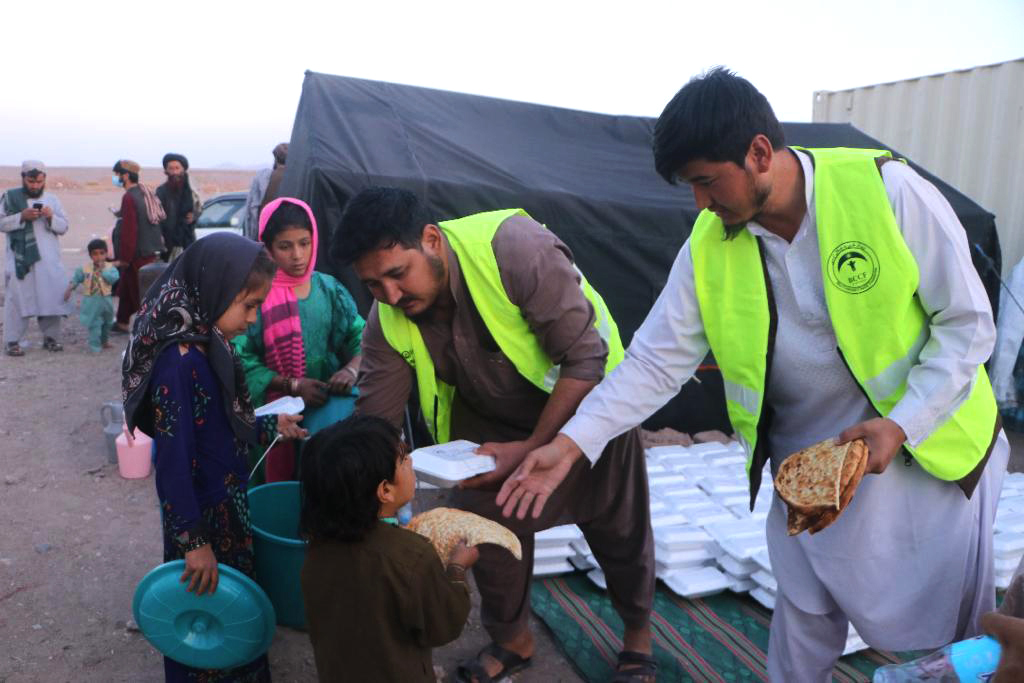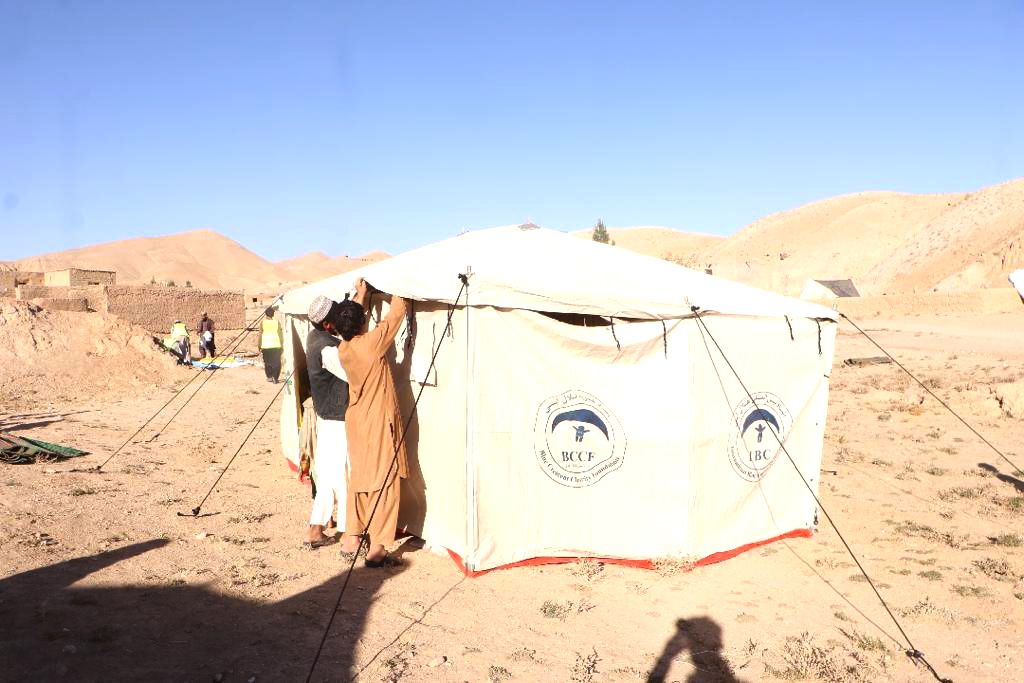
The political change in Afghanistan has spread to important pillars of the state such as economy, health and education. The resulting instabilities have also upset the balances in the country.
The regime change in the country, far from improving the existing conditions, has caused each problem waiting to be solved to grow more and more. The humanitarian crisis in Afghanistan, which has reached incredible dimensions in Afghanistan, where the people are trying to live by facing all kinds of difficulties, has become more complex day by day.
The current regime, which divides society into two in terms of the acquisition of rights and freedoms, has changed the fate of women and girls. It caused them to be isolated in many areas such as receiving education and having a voice in society and business life. However, this was only one of the problems... The negative developments in the economy caused the Afghan people to lose their jobs, cash flow decreased and food prices increased. This has led to an increase in the number of people living under the hunger limit in the country day by day and this circle has widened.
Access to food is one of the biggest problems...
As always, children and women were the most affected by the disasters. The inability to access food has reached a life-threatening dimension. Pregnant women, breastfeeding women and children were caught in the middle of a major food crisis. International Blue Crescent Foundation (IBC), which has been carefully following the developments in the region from the very beginning, analysed the needs of the Afghan people in detail and started distributing food packages throughout the year in collaboration with IDRF Canada. It continued to distribute food packages during Ramadan and meat during Eid al-Adha every year. During the severe earthquakes in October and the floods in May, it once again showed that it stands by the Afghan people by providing many support such as tents, blankets and hot food distribution. However, its activities were not limited to these.
 |
 |
 |
The current crisis in Afghanistan's economy has become one of the most important issues affecting basic human living conditions and has become a deepening problem day by day. The gradual decline in employment and the resulting livelihood difficulties have begun to make their presence felt in an effective way, which has become increasingly challenging to human living conditions. At this point, IBC, which aims to provide training support to the Afghan people to enable them to acquire professions and contribute to the creation of employment, has implemented Vocational & Educational Community Center (VECC) in Mazar-i-Sharif together with IDRF Canada. The centre, where carpet weaving, tailoring, and carpentry trainings are provided, gave its first term graduates last May.
In order to bring them to social life...
Farid Ahmad Nouri, Coordinator of Investigation and Supervision from the Department of Justice of Balkh province, made important statements to the local television channel about the relief provided to the region. He reported that in cooperation with many foundations and NGOs, food and non-food humanitarian relief was delivered to up to 20,000 families in need in Mazar-i-Sharif and its districts. Nouri added that IBC is among the foundations providing support to the Afghan people.
Speaking to local television about the activities planned to be implemented in Afghanistan in the future, Project Coordinator of IBC in Afghanistan Sadullah Devletgeldi stated that food and non-food aid was provided to 4,000 families with the support of the Ministry of Justice with the programmes they have carried out in the last 6 months.. At the same time, he added that carpet weaving, tailoring and carpentry trainings are provided at the VECC for individuals who want to learn a new profession and want to perform it professionally. In addition, he underlined that vocational trainings such as sewing, carpet weaving and cookery will be given in order to bring homeless individuals into society and life in a professional sense.